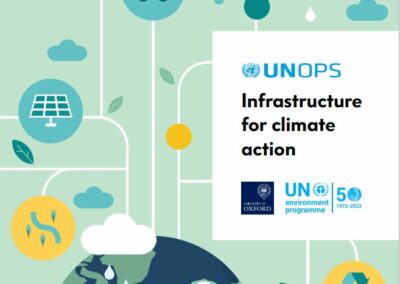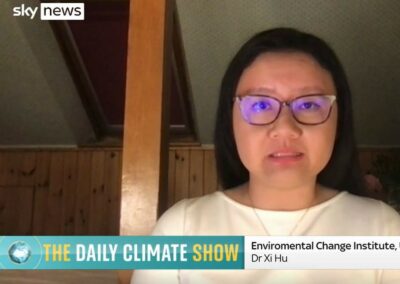Abstract
Stochastic weather generators (WGs), which provide long synthetic time series of weather variables such as rainfall and potential evapotranspiration (PET), have found widespread use in water resources modelling. When conditioned upon the changes in climatic statistics (change factors, CFs) predicted by climate models, WGs provide a useful tool for climate impacts assessment and adaption planning. The latest climate modelling exercises have involved large numbers of global and regional climate models integrations, designed to explore the implications of uncertainties in the climate model formulation and parameter settings: so called ‘perturbed physics ensembles’ (PPEs). In this paper we show how these climate model uncertainties can be propagated through to impact studies by testing multiple vectors of CFs, each vector derived from a different sample from a PPE. We combine this with a new methodology to parameterise the projected time-evolution of CFs. We demonstrate how, when conditioned upon these time-dependent CFs, an existing, well validated and widely used WG can be used to generate non-stationary simulations of future climate that are consistent with probabilistic outputs from the Met Office Hadley Centre’s Perturbed Physics Ensemble. The WG enables extensive sampling of natural variability and climate model uncertainty, providing the basis for development of robust water resources management strategies in the context of a non-stationary climate.
A transient stochastic weather generator incorporating climate model uncertainty. (2015). Advances in Water Resources, 85(November 2015): 14–26. DOI: 10.1016/j.advwatres.2015.08.002
Authors
Glenis, V., Pinamonti, V., Hall, J. & Kilsby, C.


